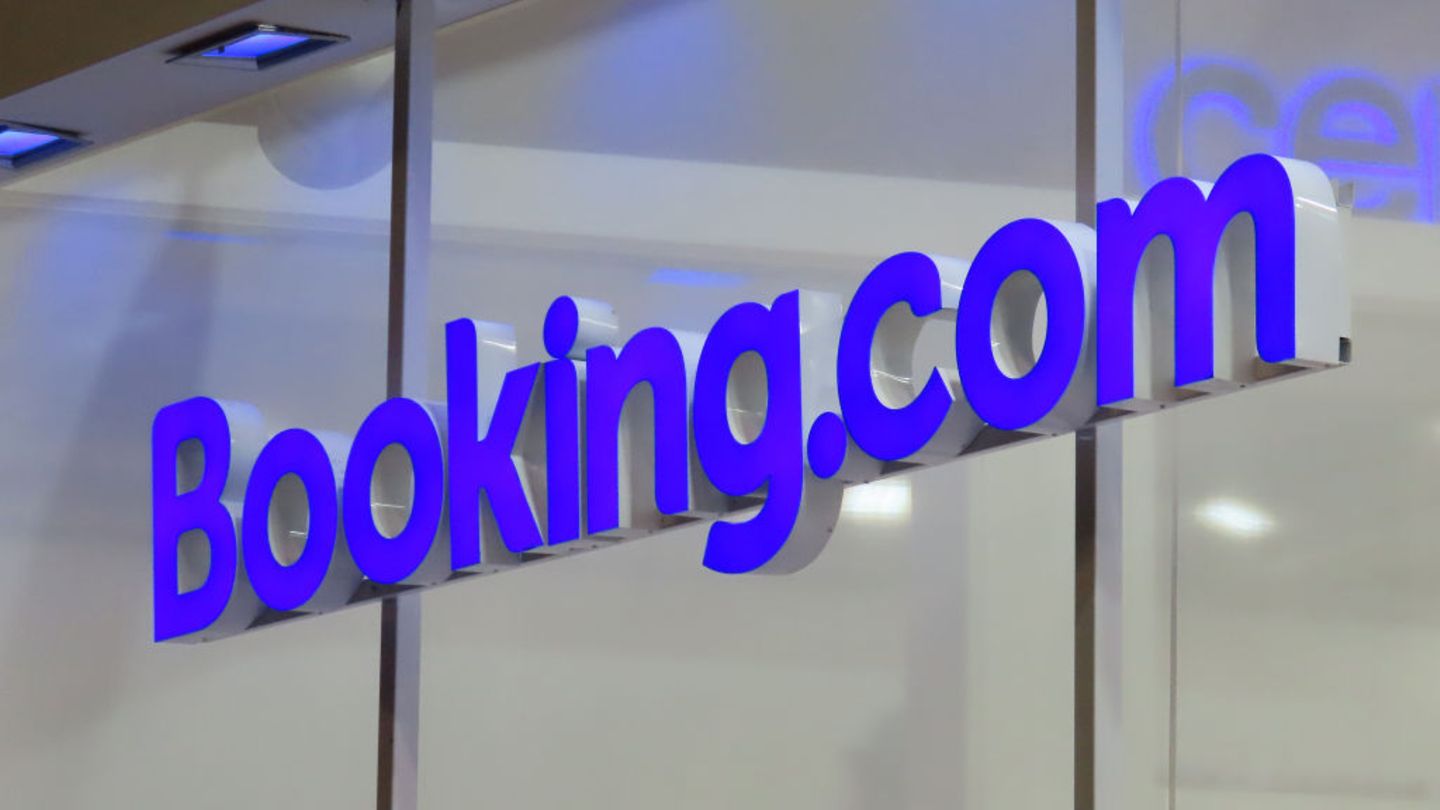Travel market
Collection against Booking.com – now the hotel prices are falling on?
Copy the current link
Add to the memorial list
Hotel Reise-Marktführer Booking.com has come under pressure. What the hotel industry’s complaint against the internet portal means for travelers.
It is comfortable: Simply enter the travel destination, choose a travel period and number of people, and the website spits out a bunch of accommodations along with descriptions, ratings and prices. A few clicks on … Reservation confirmed. In Germany, a third of all hotel traveling rooms now book over internet portals. Three of them almost divided the market among themselves: Expedia, HRS, and with around 70 percent market share Booking.com.
Travel portal must not advertise with “best price”
Oversized market power usually tends to harm the competition. So also in the Booking.com case. As early as 2021, the Bundeskartellamt declared its so-called best price clause for contrary to competitive. Booking.com was no longer allowed to request that his online price were the cheapest offer. The hotels themselves are allowed to undercut Booking & Co. You met in court. Last autumn, the European Court of Justice (ECJ) confirmed the assessment of the competitive keepers.
Now more than 10,000 hotels from 25 countries are calling for compensation for years of gag price binding. By class action, to which Hoteliers can join until August 29. “European hoteliers have suffered for a long time under unfair conditions and excessive costs,” says Alexandros Vassilikos, President of the European Hotel Association Hotrec. “The hotel industry in Europe does not accept abusive practices in the digital market.”
Booking.com earns money like all travel brokers with commissions, which the accommodation operators do. In Germany, Booking.com demands twelve percent of the booking price by default. 15 percent are due for rooms in Berlin. The Dutch Internet pioneer Geert-Jan Bruinsma had the business idea. He unlocked the comparison site in 1996, the server still fit under his desk. Almost ten years later, the US company Booking Holdings bought the portal. For 133 million euros. Founder Bruinsma left a year later.
Today, the Americans implement the equivalent of more than 20 billion euros per year, employing around 24,000 people worldwide. In addition to Booking.com in Amsterdam, Momondo from Copenhagen, chea pus in London and Opentable from San Francisco are part of the group.
Direct booking without booking can save money
The quarrel between internet portals and the hotel industry does not necessarily make it easier for consumers. On the one hand, reviews and price comparisons are helpful for a travel destination. And they promote competition. Even nowadays, the hotels can hardly do without placement by the portals. On the other hand, a call to the hotel can offer the better price – because by direct booking, the operator saves the commission to a portal. Or keep the money in the hotel. Whatever.
So whether those “excessive costs” that Vassilikos speaks of leader leads to hotel prices to continue to decrease? Possible in individual cases. In the Germany -wide cut you are already, as the comparison portal Check24 recently determined. This lies, among other things, a “noticeably price -conscious” behavior of consumers.
FD
Source: Stern




